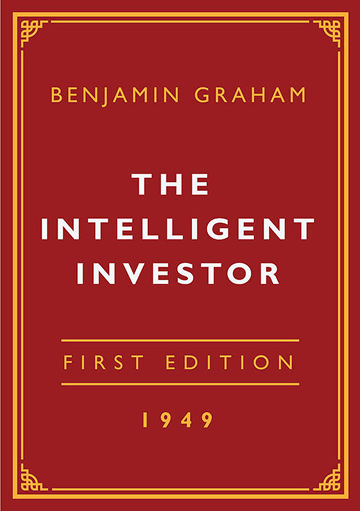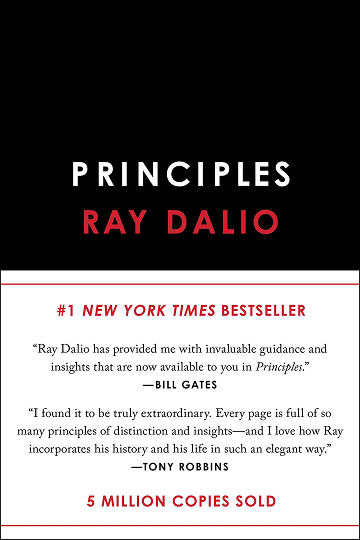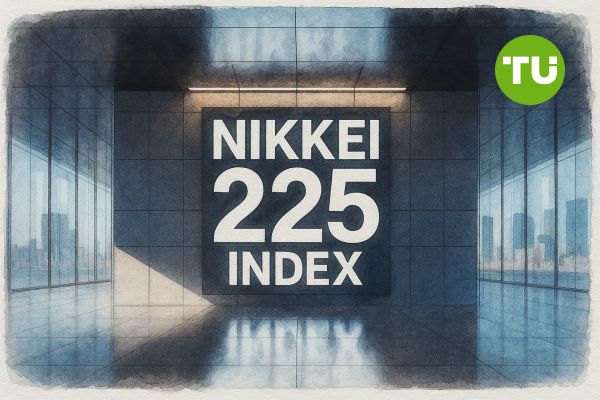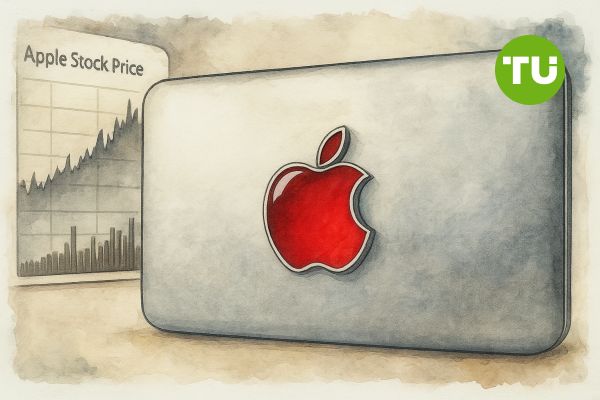
Robert Wilson Biography, Career, Net Worth, and Key Insight



Robert Wilson’s Profile Summary
|
Company
|
Self-employed |
|---|---|
|
Position
|
Robert Wilson was an independent investor and philanthropist who became self-employed after founding his hedge fund in 1969. |
|
Source of wealth
|
Robert Wilson's wealth was primarily derived from hedge fund management, leveraging high-risk investment strategies, including short selling and borrowing from international bankers to bypass stock market regulations. |
|
Also known as
|
Philanthropist, art collector, board member. |
|
Years of life
|
03.11.1926 - 23.12.2013 |
|
Education
|
Amherst College – Undergraduate degree, University of Michigan – Master's degree (dropped out from law school) |
|
Citizenship
|
United States |
|
Residence
|
New York City, United States |
|
Family
|
Robert Wilson did not have children and was survived by his brother William. |
|
Website, Social Media
|
https://robertwilson.com/ |
Robert Wilson’s biography
Robert W. Wilson, born in 1926 in Detroit, Michigan, was a notable American hedge fund manager, philanthropist, and art collector. He began his career as a stock analyst and transitioned into managing his own hedge fund in 1969. Over the years, his high-risk investment strategies, which included leveraging and short selling, yielded significant returns. Starting with $15,000, he built a fortune that peaked at $800 million by 2000. Wilson was also a committed philanthropist, pledging to give away much of his wealth during his lifetime. He focused primarily on environmental and conservation causes, donating to organizations like the Nature Conservancy and the World Monuments Fund. A longtime supporter of civil liberties and criminal justice reform, Wilson was involved with the American Civil Liberties Union for decades. He was also deeply engaged in the arts, serving on the board of the Whitney Museum of American Art for over thirty years. Despite his immense wealth, Wilson lived modestly, giving away much of his fortune before his death in 2013. He passed away after taking his own life at the age of 87, following health complications from multiple strokes.
-
How did Robert Wilson make money?
Robert Wilson makes money in the following areas:
Robert Wilson's wealth was primarily derived from hedge fund management, leveraging high-risk investment strategies, including short selling and borrowing from international bankers to bypass stock market regulations.
-
What is Robert Wilson net worth?
As of 2025, there is no publicly available and reliable information regarding Robert Wilson’s net worth.
What is Robert Wilson also known as?
Robert Wilson became widely recognized as a prominent philanthropist. He pledged to donate most of his fortune to environmental and conservation causes, giving hundreds of millions to organizations like the Nature Conservancy and the World Monuments Fund. Additionally, Wilson was an avid art collector and served on the board of the Whitney Museum of American Art for over 30 years. He also played a key role as chairman of the New York City Opera board from 1981 to 1993, demonstrating his deep commitment to supporting the arts.
Prominent achievements of Robert Wilson
Robert Wilson transformed a $15,000 investment into a fortune of $800 million by 2000, with an annual return rate of about 30%. He donated over $600 million to environmental and preservation causes. He served on the board of the Whitney Museum of American Art for over three decades and chaired the New York City Opera board from 1981 to 1993
What are Robert Wilson’s key insights?
Robert Wilson believed in high-risk, high-reward strategies, emphasizing leverage and short selling as key components of his investment approach. He saw the power of compounding small sums into significant fortunes, proving that disciplined risk-taking and deep market analysis could lead to exceptional returns. Wilson also valued philanthropy, dedicating much of his wealth to causes he believed in, showing a commitment to giving back rather than accumulating for personal gain
Robert Wilson’s personal life
Robert Wilson was married once but later divorced. He had no children and remained openly gay. At the time of his death, his closest surviving family member was his brother, William Wilson
Useful insights
Fundamental principles of investing
As someone deeply immersed in the world of finance, I firmly believe that learning the fundamental principles of investing is the cornerstone of financial literacy. The books I recommend here have shaped modern investment strategies, offering timeless wisdom that can benefit both beginners and seasoned investors. These are not just texts, but essential tools to help you navigate the complexities of the financial markets with confidence and insight.
-
Benjamin Graham – "The Intelligent Investor"

-
Summary:
Written by one of the most influential investment thinkers, this book outlines the principles of value investing. Graham emphasizes the importance of analyzing a company’s intrinsic value, long-term investment strategies, and avoiding emotional decisions driven by market fluctuations. The book also discusses defensive investing, focusing on preservation of capital and minimizing risk.
-
Why read it:
This is a must-read for anyone looking to understand the core philosophy behind successful long-term investing. Graham’s principles influenced generations of investors, including Warren Buffett, making it an essential guide to navigating stock market risks with a focus on minimizing losses.
-
-
Ray Dalio – "Principles"

-
Summary:
Ray Dalio, founder of one of the world’s largest hedge funds, shares the life and work principles that led to his immense success. The book covers Dalio’s unique management and investment strategies, focusing on radical transparency, truth-seeking, and the importance of learning from mistakes. It also provides practical insights into organizational behavior and personal growth, making it valuable beyond just investing.
-
Why read it:
Dalio's "Principles" is a treasure trove of wisdom for investors and business leaders who wish to improve their decision-making. It’s a guide on how to align personal and professional life through well-defined, actionable rules.
-
Other profiles in category
Popular Financial Guides
Latest Financial News

S&P 500, Nasdaq hit records after strong jobs report

Nikkei 225 index eases below 40,000 as short-term caution builds after recent rally































































































































